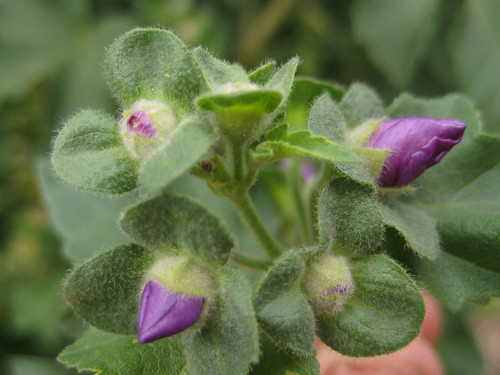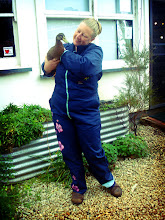The politics of weeds as a food
Its spring and all the weeds are coming up.
Awesome! Time to make some salad!!! I have some theories on herbs and edible
weeds. The first is that many of these plants have been part of the human
landscape for thousands, even millions of years. It’s no accident that Dandelion,
one of the most nutritious plants in the world is found in temperate climates
all over the globe.
It's there because we have been eating it
forever, we took it there. Where we call it a weed, it has fallen victim to
poison companies and people who have been convinced by Monsanto, Bayer and the
like that lawns should be a monoculture, that they should have no food value
whatsoever and that we need to poison the hell out of anything other than
grass. This is important – if we have food volounteering in our lawns we are
less likely to buy vegetable and grain seed and food produced by these same companies. God forbid we have any say over what we
eat, and any food democracy at all.
When we eat a dandelion leaf, we aren’t
just getting Vitamin A, B, C, D, fibre, protein, iron, calcium, magnesium,
potassium, phosphorus, copper, cobalt, zinc, boron, molybdenum, we are telling
multinational corporations to shove their poison and GMO seed where the sun
don’t shine. We are also saying a
big up yours to companies like McDonalds who would squash our food independence
in the name of money making and deliberate homogenization.
I’m a permaculture designer – one of our
principles of design is this:
The problem is the solution.
Where someone else sees a problem and wants
to kill it, have a think about how that plant could be utilized. Find out what
ecological niche and function it fills and exploit it. Use it for food, or
firewood, or basketry, or medicine, or animal forage, or to advance succession. Once we have figured out how to use it,
it is no longer a weed, but an ally. But now, on to the food…
Getting started with eating herbs and weeds
can be challenging as many of us haven’t worked with their flavours before.
Making a green dressing for your salad, boiled potatoes or meat is a great way
to get extra nutrition as well as awesome flavour. I’ve put the ingredients
below in ratios to help you make a delicious mix. The trick is to use as many
different herbs and weeds as possible, chopped very finely, so that there is no
one overpowering flavour. I’ve put down the plants I have tasted and like.
There are lots more out there – get researching and foraging! Get your plant ID
correct so you don’t get nasty surprises like eating broad leaf plantain
instead of narrow leaf plantain – or too much dock - it aint fun, trust me.
And remember – every delicious bite is a
political act of independence!
Green
Salad Dressing
You can chop any of the ingredients finely
and hand mix or use a blender to get a pesto-like consistency with garlic and
olive oil.
Add lemon or lime juice to balance the
flavour. You can also use good vinegar and a teaspoon of mustard. Then add salt
and pepper to taste. Try adding some nuts or capers for extra body.
Be creative and remember to taste as you go
and before you season.
Choose some of these ingredients:
Handful
parsley, broad bean tips, kale, oregano or
marjoram, young silverbeet, young rainbow chard, beetroot leaves, basil,
coriander, watercress, sprouts, mint, clover leaves, chickweed, mallow, thin leafed plantain (small leaves)
Half
handful
sage, thyme, raw sorrel, spring onions,
chives or garlic chives, rosemary, chervil, tarragon, borage, lemon balm,
nasturtium leaves, mustard leaves, dill, fennel, young dandelion leaves (before
flowering), violet leaves, catsear, small fat hen leaves, purslane, onion weed (allium triquetrum)
Handful
blanched
warrigal greens, spinach, silverbeet
leaves, nettle leaves and stems, sorrel, amaranth, large fat hen leaves,
blanched canna lily (new shoots peeled to green centre)
Pull
apart
edible flowers for garnish, Dandelion,
Borage, Nasturtium, Calendula, Bergamot, Clover, Rocket, Allium, Pineapple
sage, any Brassica flowers
Other weeds I've eaten:
Prickly pear - use caution when harvesting... TRUST ME!!!




